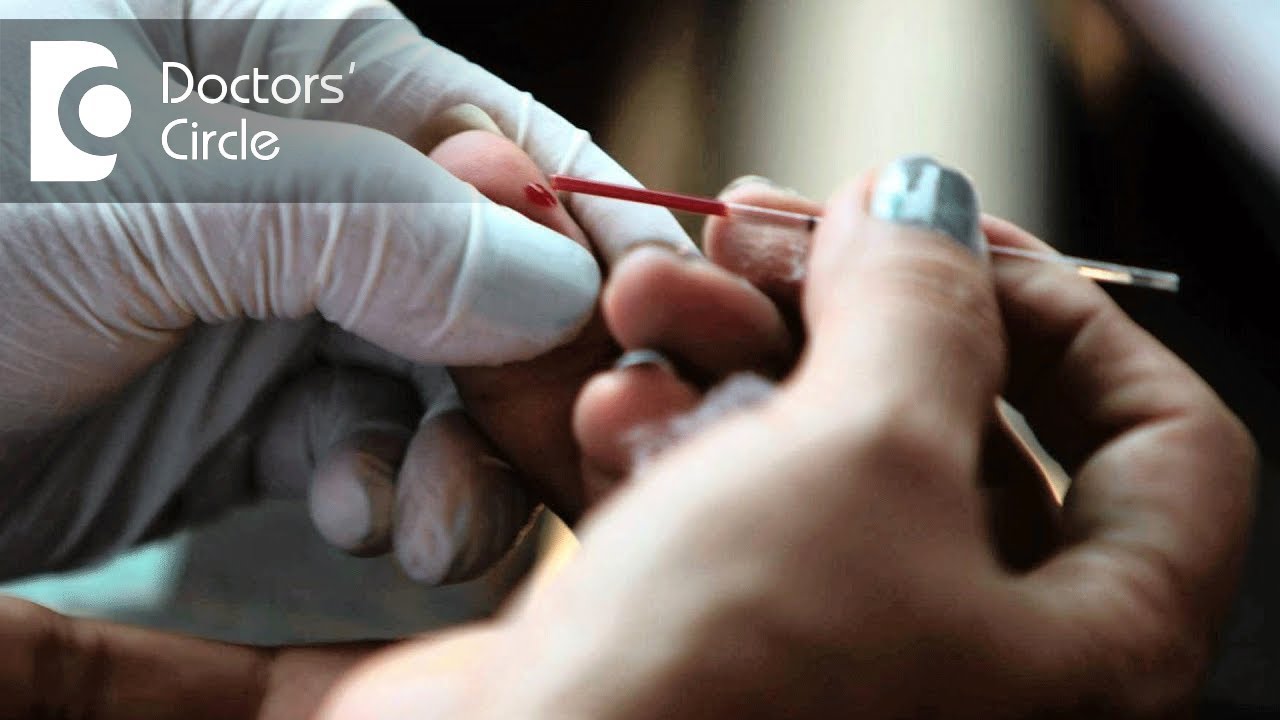After how many days of exposure should one plan for 4th generation HIV test – Dr. Ramakrishna Prasad
In case of a potential exposure which constitutes either unprotected sexual exposure or having shared needles with someone whose status is not known or if there has been a needle stick injury or a splash in the eye or other mucous membrane if you are a health care provider or someone in the health care space then what you must do is immediately get tested for HIV, Hepatitis B and Hepatitis C. This is called the base line test. Please do not delay this. If the HIV test at base line is found to be negative then the fourth generation antigen-antibody test is able to detect infection within 2 to 3 weeks. Hence if you get this test done a month after exposure and it is negative the chances that you have not been infected are very high and that would be the ideal time period. None the less most clinicians and guidelines will advise you to get a final confirmatory test at the end of 12 weeks which can either be a 4th generation test or ELISA or a third generation antibody test.



![[ID: Hx_A0iLhdr8] Youtube Automatic](https://bizimtube.com/wp-content/uploads/2021/03/id-hxa0ilhdr8-youtube-automatic-236x133.jpg)
![[ID: lp7w0UmpuIs] Youtube Automatic](https://bizimtube.com/wp-content/uploads/2021/03/id-lp7w0umpuis-youtube-automatic-236x133.jpg)
![[ID: s2-7T1TH-lY] Youtube Automatic](https://bizimtube.com/wp-content/uploads/2021/03/id-s2-7t1th-ly-youtube-automatic-236x133.jpg)
![[ID: b_lakC9M4UQ] Youtube Automatic](https://bizimtube.com/wp-content/uploads/2021/03/id-blakc9m4uq-youtube-automatic-236x133.jpg)
![[ID: r44yl6nPONs] Youtube Automatic](https://bizimtube.com/wp-content/uploads/2021/03/id-r44yl6npons-youtube-automatic-236x133.jpg)
![[ID: pAwto1YQjA8] Youtube Automatic](https://bizimtube.com/wp-content/uploads/2021/03/id-pawto1yqja8-youtube-automatic-236x133.jpg)
![[ID: XETG8azHiv4] Youtube Automatic](https://bizimtube.com/wp-content/uploads/2021/03/id-xetg8azhiv4-youtube-automatic-236x133.jpg)
![[ID: f3G_-S_2HUk] Youtube Automatic](https://bizimtube.com/wp-content/uploads/2021/03/id-f3g-s2huk-youtube-automatic-236x133.jpg)
![[ID: G8oWns54snA] Youtube Automatic](https://bizimtube.com/wp-content/uploads/2021/03/id-g8owns54sna-youtube-automatic-236x133.jpg)
![[ID: s0lIFXhu6aw] Youtube Automatic](https://bizimtube.com/wp-content/uploads/2021/03/id-s0lifxhu6aw-youtube-automatic-236x133.jpg)
![[ID: 4UTd2Ev8eYg] Youtube Automatic](https://bizimtube.com/wp-content/uploads/2021/03/id-4utd2ev8eyg-youtube-automatic-236x133.jpg)
![[ID: RKBGBjVJBxQ] Youtube Automatic](https://bizimtube.com/wp-content/uploads/2021/03/id-rkbgbjvjbxq-youtube-automatic-236x133.jpg)